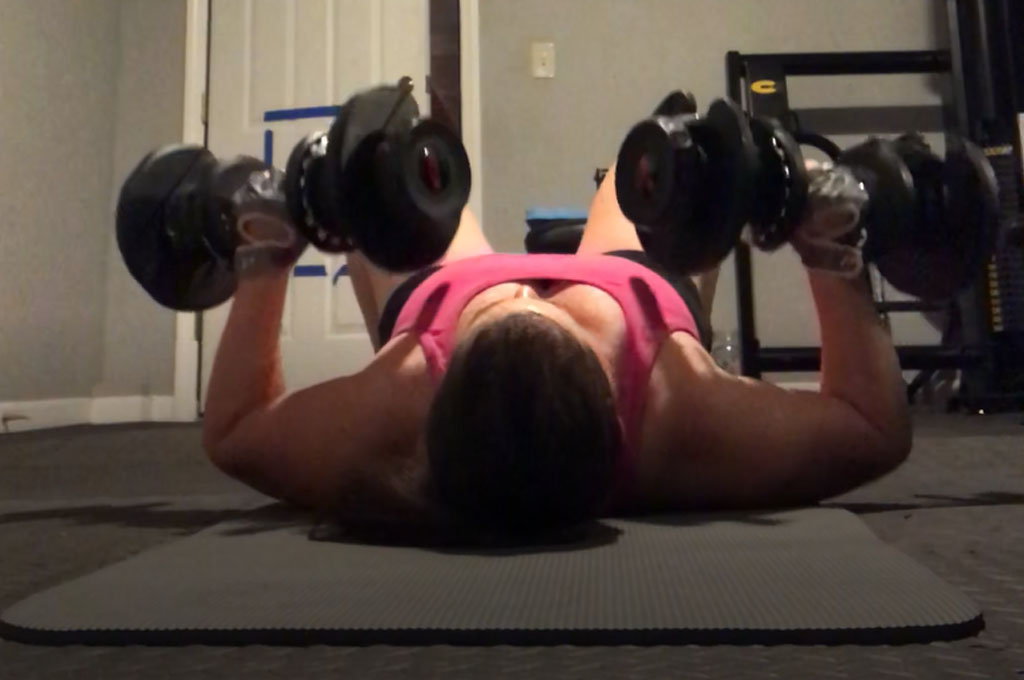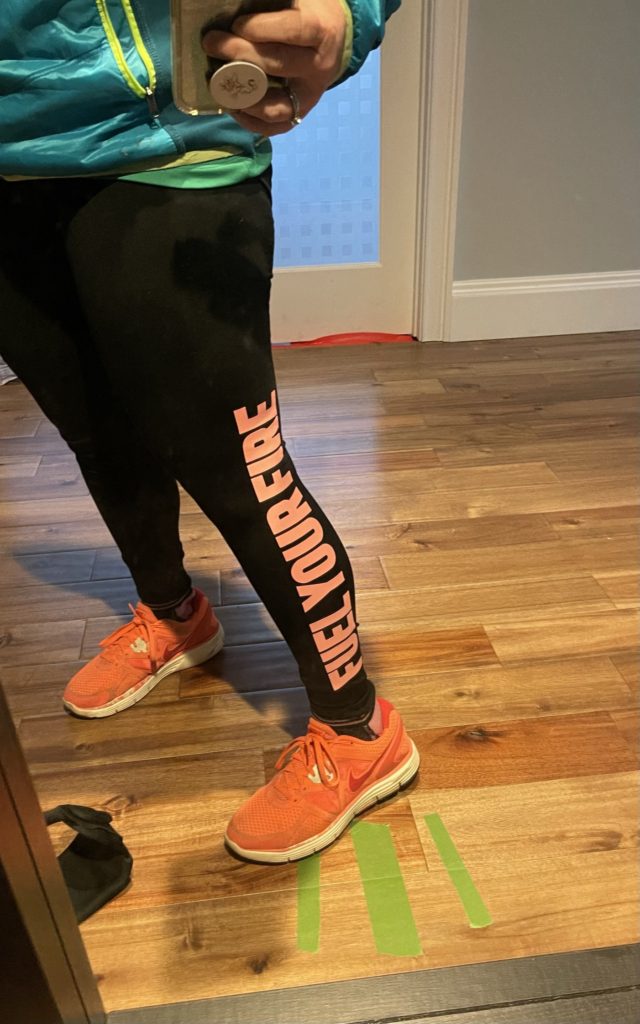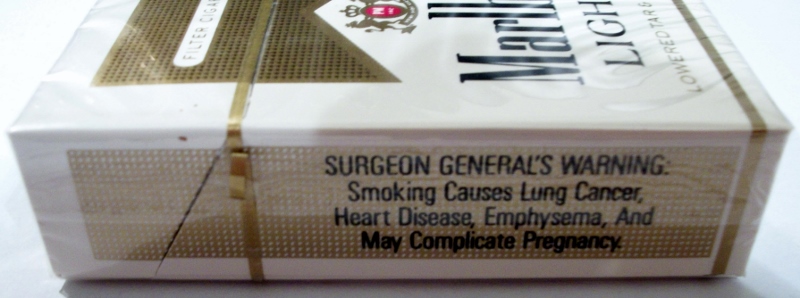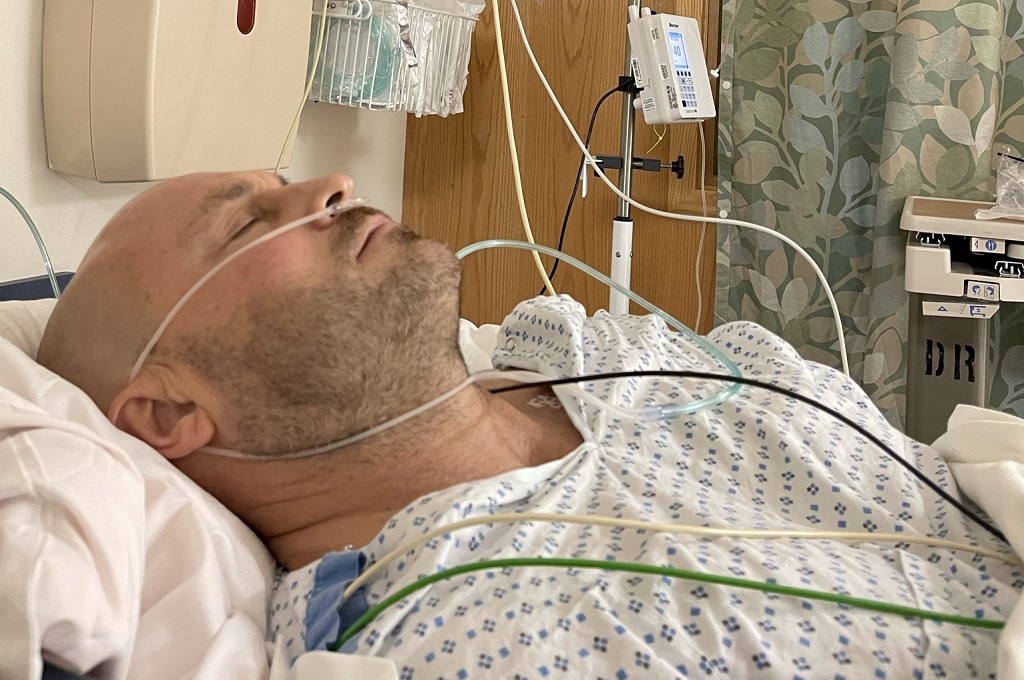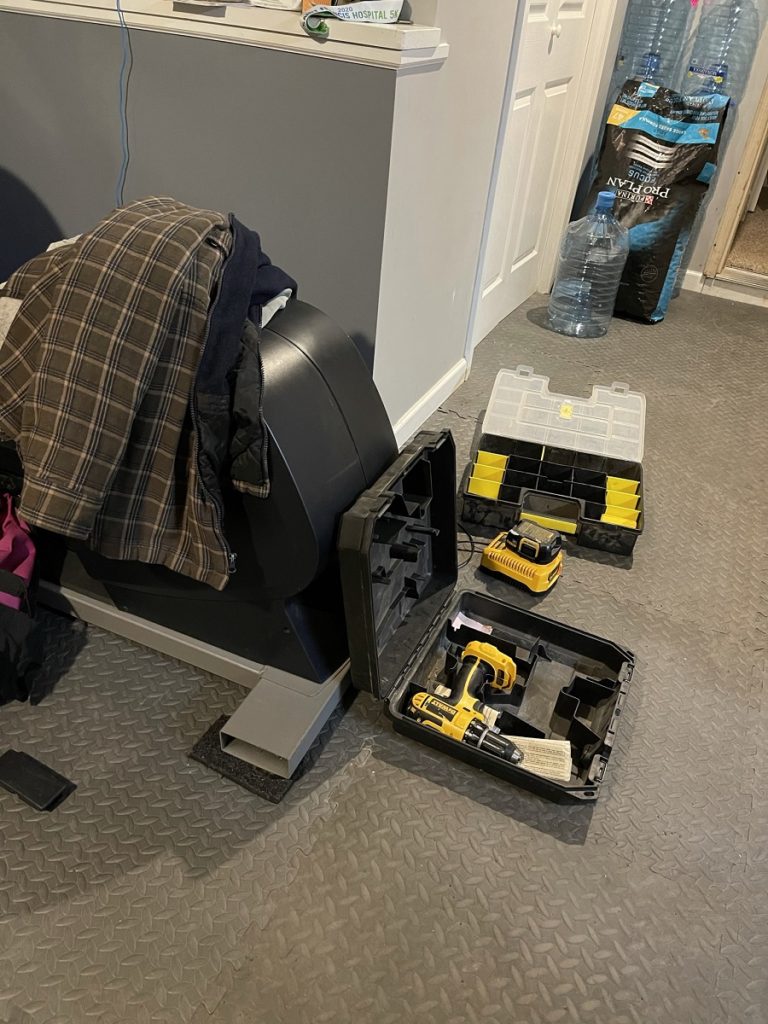5 Healthy Heart Habits
After I shared my story of my husband’s experience with a heart procedure, I want to raise awareness for healthy heart habits so you can lower your chances of having a heart attack and prevent heart disease.
Men and women are different when it comes to heart disease. I know many of my readers are women and heart disease affects women much differently than it does men. Studies show that the death rate from heart disease is increasing in women who are ages 35-44. That’s very young! Follow these tips I am sharing to improve your chances of a healthier heart and better overall wellness.
1. Family History
The first thing I tend to think of when I hear about someone suffering from a heart attack or heart disease is what they eat every day. I envision someone who is overweight and eats an unhealthy diet. That’s not always the case.
My husband is very fit yet he has heart disease. He has it because of his family history. His mother has had a heart attack and a valve replacement procedure. His dad had open heart surgery for a triple bypass, several stents, and a pacemaker.
As I write this, I am also thinking about my family history. My paternal grandmother died from a heart attack in her mid 60’s. Her first heart attack was when she was just 53 years old! She had multiple heart attacks before the last one took her from us. She couldn’t leave the house to go places anymore because of her heart condition.
Both my grandmother, my father, and my father-in-law also have diabetes. These are risk factors for heart disease. I also keep this in mind for my children’s health. I want them to remain active kids so that it lowers their risk of heart disease later on. If you don’t know your family history, do yourself a favor and find out!
2. Nutrition
Having a clean diet and eating well is good for many reasons besides prevention of heart disease. But avoiding foods with high fats and bad oils is good to help prevent bad cholesterol which will build up plaque in your arteries.
My family has been moving towards a more plant based diet and also reducing the amount of sugar and processed foods we eat. We are making it a priority to have salads and vegetables with our dinner each night as well. I am also working on encouraging the kids to snack on healthier treats like popcorn, berries, yogurt, and nuts.
3. Exercise
Exercising helps reduce the chance of developing high blood pressure. When you work out, you are increasing your levels of HDL (good) cholesterol, which lowers your risk for heart disease by flushing out the LDL (bad) cholesterol out of your system. The more you work out, the stronger your heart and lungs become which train them to work better under stress. This keeps you from getting winded during high-intensity activities.
Exercise isn’t just important to make you look better; it is important to help you feel better. When you exercise you produce endorphins. These are the feel good hormones that put you in a better mood. You also produce dopamine, norepinephrine, and serotonin from simple acts like going for a walk for 30 minutes. These hormones play a very big role in regulating your mood.
When you exercise you are also exercising your heart which is a muscle. Cardio also known as cardiovascular exercise is when you increase your heart rate. This exercise strengthens your heart and increases your blood flow. In addition to doing cardio, it is also recommended by the American Heart Association, to include weight training at least twice a week.
The overall benefits of exercise also include better sleep, better moods, and better fitness. As always, talk to your doctor before beginning any new workout routines.
4. Don’t Smoke
Smoking has always been dangerous, and linked to heart disease. It says it right on the side of the cigarette packs! This also includes vape pens.
My grandmother and grandfather were heavy smokers. When she had her first heart attack she quit immediately. Back in their day, smoking was something everyone did and they didn’t know the potential damage that was happening to their heart and lungs. But it will put you on the high risk list for heart attack and heart disease much quicker if you do smoke.
5. Know Your Body
Most importantly, go get checked when something doesn’t feel right. My husband was experiencing chest discomfort for quite a while. He knew it didn’t feel right and he needed to get it checked. It was best that he was assertive with his doctor to push for more than a stress test or an EKG. Those always came back fine for him. He needed more conclusive testing done.
They sent him for a cat scan with dye which then showed the blockages which required them to do an angiogram to get a better look at the blockage and measure the pressure of the blood flow past the blockage. That determines whether or not a stent would be a recommended treatment to open the artery up and restore the blood flow.
He has now been cleared by his doctor and can resume all activities again. You can listen to our friend’s recent podcast episode that he and I were guests on to talk about heart health.
If there is anything I shared today, I want you to remember to always get checked if something doesn’t feel right. Only you know what feels different or not quite right. So you need to advocate for yourself.

